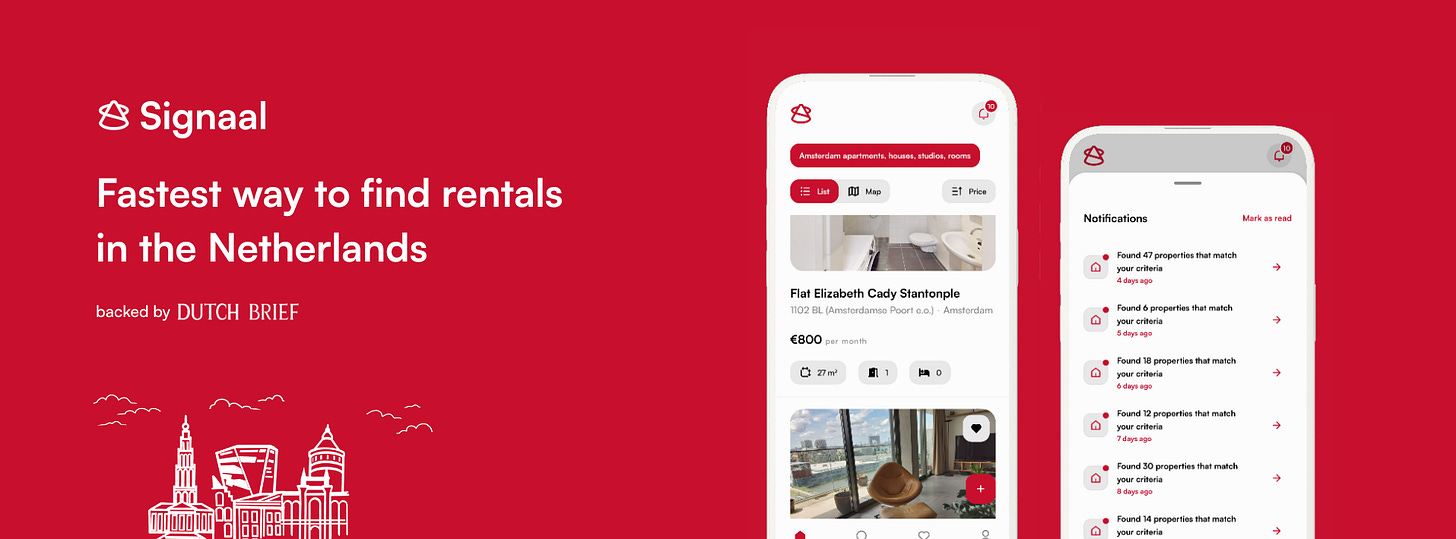Groningen Set to Fine Long-Term Vacant Homes
New national bill lets cities penalise empty properties. Groningen will map vacancies and set local rules and fine levels after the Senate vote.
Before we begin, a quick shoutout to our sponsor, Signaal:
Looking for housing in the Netherlands?
Signaal helps you skip the endless scrolling by tracking new listings from trusted platforms and alerting you when something matches your needs, all in one easy-to-use app.
The municipality of Groningen plans to use a new national tool to crack down on long-term vacancy. This week, the Dutch House of Representatives backed a bill that lets municipalities fine owners who leave homes empty for extended periods; the exact fine levels will be set locally. The bill, often dubbed a “vacancy law,” now heads to the Senate for final approval.
Alderman Rik van Niejenhuis called the vote “good news,” saying Groningen will first map how many dwellings have been empty beyond the legal threshold, then decide on enforcement and fine amounts. While he believes Groningen’s problem is smaller than in some cities, the aim is to free up homes and business spaces amid a tight market.
Nationally, the measure supports a broader effort to strengthen the Leegstandwet so municipalities can do more than just register vacant properties: for example, by requiring owners to put properties back into use and, if necessary, impose a penalty after extended vacancy (media reports cite one year as a likely threshold). The government trailed these changes over the summer; the Lower House has now given them political backing.
Student and housing groups welcomed the step as one way to add supply, though it won’t replace new construction. If the Senate approves the bill, Groningen will still need to set local rules: define “long-term,” create a clear process (notice, deadline, and penalty), and coordinate with data sources to track empty addresses. Other cities already use vacancy registers and fines to similar effect, suggesting a workable template for Groningen.
What’s next? Senate debate and a municipal ordinance in Groningen to activate the new powers. Until then, owners can expect outreach as the city maps vacancies, with formal enforcement to follow once the local rules are in place.




